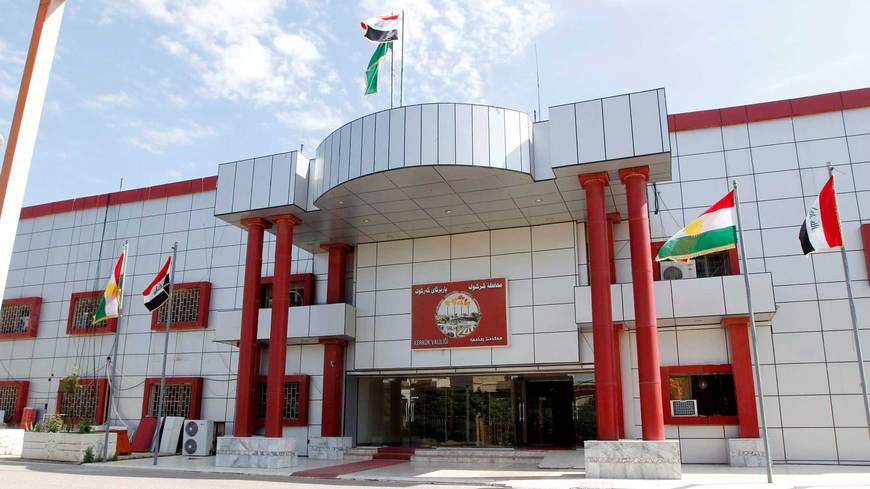By Nahwi Saeed for Al Monitor. Any opinions expressed here are those of the author and do not necessarily reflect the views of Iraq Business News.
Although Baghdad imposed its authority on Kirkuk on Oct. 16 and appointed a new temporary governor, Kurds still hope to reach an agreement with Baghdad that will allow them to appoint a Kurdish governor in the disputed province between Baghdad and Erbil.
In the latest development, the Patriotic Union of Kurdistan (PUK) nominated a Kurdish candidate (the former head of the provincial council, Zarkar Ali) on Nov. 12, and demanded that the provincial council hold a meeting to vote on the new governor.
The Kurds’ proposal is one of several options on the table.
The first option is appointing a military governor. Some members of the Arab and Turkmen communities in Kirkuk proposed this before and after the Kurdish referendum. For Kurds, appointing a military governor, even if for a while, means Kirkuk’s restoration to the pre-2003 era and the reminder of bitter memories when the Kurds were the most aggrieved and affected group in the city.
The central government may be powerful enough to hold Kirkuk for now, but appointing a military governor would push the Kurds to one side, which is likely to prove both provocative and unsustainable. Election results indicate that the Kurds are larger than other groups in the province, although there has been no official and reliable census for some time.
Kurds will reassert their claim on Kirkuk at the first available opportunity — both for the symbolic reason that many Kurds regard Kirkuk as their “Jerusalem,” and for the economic reason that control of Kirkuk’s oil would play a big role in any future Kurdish independence bid.
The upshot is that Kirkuk was and remains a “disputed territory”; as a US State Department statement said Oct. 20, “The reassertion of federal authority over disputed areas in no way changes their status — they remain disputed until their status is resolved in accordance with the Iraqi constitution.”

